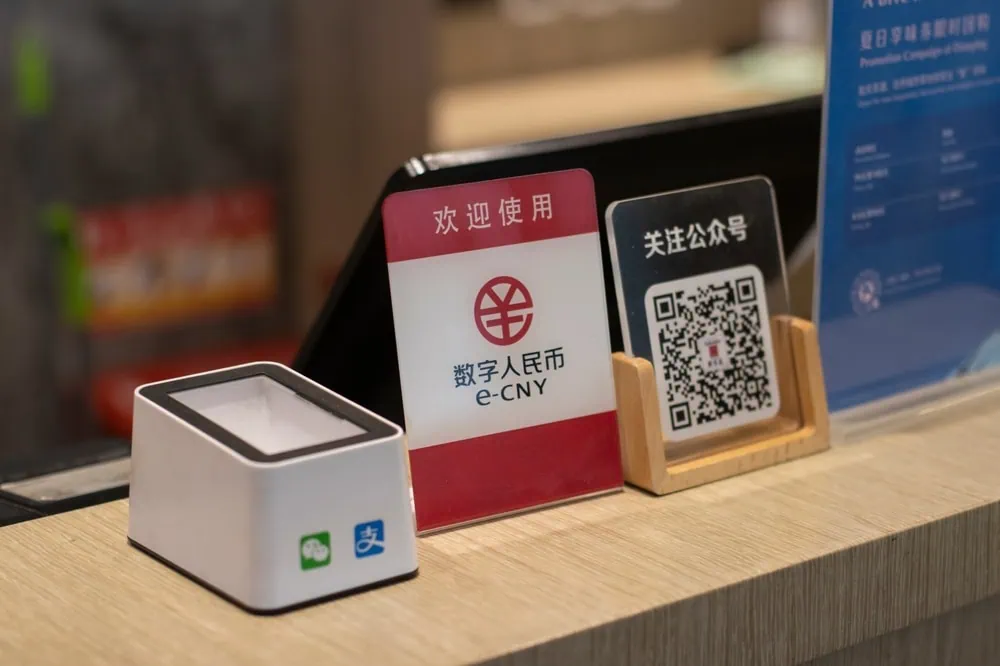Over the past few years, China has fully embraced mobile payments, becoming an almost cashless society. While this makes life very convenient for people living in China, it can create problems for people who are just visiting.
Thankfully, the Chinese authorities have recognised this and have launched a new push to optimise payment services for use by foreign nationals. This comes as part of a raft of measures to encourage people to visit China and make life easier for them when they do (which includes waiving visa requirements for citizens of a growing number of countries).
In mid-March this year, the State Council and the People’s Bank of China released the ‘Guide to Payment Services in China’, which details a number of payment options for foreign nationals.
WeChat Pay/Alipay
As of the end of July 2023, both WeChat Pay and Alipay allow users to link an international bank card, including Mastercard, Visa, JCB, and Diners Club (read our guide on the set-up process for WeChat here). This can then be used to pay for things via online platforms or by scanning a QR code in stores and restaurants. It should be noted that foreign nationals can only use WeChat Pay and Alipay to pay companies or merchants i.e. you cannot send money to or accept money from individual users.
Following the release of the latest guidelines, the transaction limits for foreign nationals using mobile payment services have also been increased from US$1,000 (approx. RMB 7,233 or £790) to US$5,000 (approx. RMB 36,166 or £3,945) for single transactions, with the annual transaction limit increasing from $10,000 to $50,000.
Foreign users can now complete the initial activation of WeChat Pay without a Chinese SIM card and make payments up to a cumulative limit of RMB 15,000 for a certain amount of time (as yet unspecified) without verification.
e-CNY
China has been pushing the use of the e-CNY (the digital form of the Renminbi – also known as China’s Central Bank Digital Currency) for both locals and foreign visitors in recent years, with the long-term goal of fully replacing the physical CNY.
The e-CNY is accessible to foreign visitors through the e-CNY app. Users can register with a foreign phone number (no Chinese SIM card required) and then link an international card, including Visa and Mastercard. The wallet can then be topped up and used to make transactions in a similar way to WeChat Pay or Alipay.
Bank cards
Of course, many visitors would prefer to just use their bank card rather than setting up a new mobile payment service.
China says that it is encouraging merchants to accept international bank cards and that they should be accepted anywhere that displays the logo of an international card issuer. And it is certainly true that many hotels, larger restaurants and international chain stores, especially in cities like Beijing, Shanghai and Guangzhou, do accept international bank cards. However, smaller merchants or merchants in more remote areas often won’t have the facilities to accept international cards (or simply may not be willing to accept them due to high fees).
Cash
Cash may not be the preferred payment method anymore, but it remains widely accepted. In fact, the authorities have recently strengthened legislation defining the rejection of RMB cash as unlawful.
Foreign visitors can withdraw cash with a wide range of foreign bank cards at designated ATMs.
While these measures are a step in the right direction, their implementation and enforcement can be patchy. It is worth making sure you always have a range of payment options available during your travel to China – for example, cash, WeChat Pay or Alipay and a foreign bank card (as well as a Chinese contact who can pay for you if all else fails).




